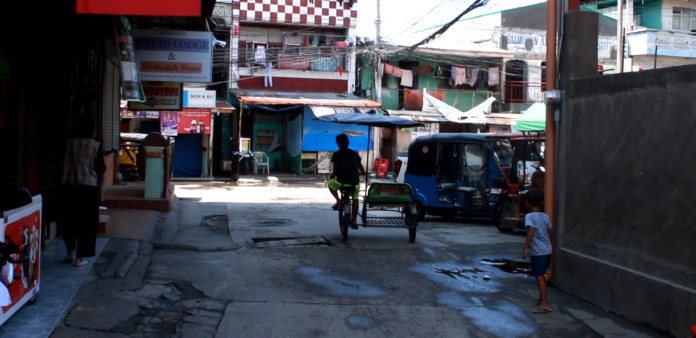Based on the research conducted by local health experts in Davao City, the decongestion of densely populated communities within the city is integral in reducing the local transmission of the coronavirus diseased 2019 (COVID-19).
According to the research conducted by the Davao Medical School Foundation’s (DMSF) Graduate School Program Professor Dr. Rey Cuizon, the areas in the city that have the highest incidence of local transmission are the most populated barangays of 23-C and Leon Garcia in Davao City. Therefore, it is necessary to take into account the population densities of the said barangays and how it has an adverse impact on the incidence of local transmissions.
Barangay 23-C has a population density of 82,897 per square kilometer with 33 cases while Leon Garcia has a population density of 70,349 per square kilometer with 32 cases. With the given data, it is clear that the denser the population of a particular area, the higher the risk of local transmission.
“We have observed that in many of our barangays, despite the lockdown, people will infect each other so the social distancing is jeopardized and even useless in barangays which are very congested,” Dr. Cuizon said.
Based on the findings of Dr. Cuizon’s research, he recommends vital steps that local health authorities and local government units can work towards to help in decongestion and curtail the spread of COVID-19 in densely populated areas in the Davao Region.
“We recommend that rapid-mass testing and strict monitoring may be undertaken in barangays that will be locked down and those tested positive for COVID-19 should be isolated in designated treatment centers while those tested negative and found to be unemployed in the community should be relocated by the government to less-dense rural barangays for the purpose of decongestion and social distancing,” Dr. Cuizon said.
Dr. Cuizon also discussed that those who will be relocated to less populated areas can still engage in economic activities to cultivate self-sustenance and eventual resettlement in different areas of the Region.
“Those who will be tested negative and who have no means of employment should be pulled out by the government and re-located to farmlands to establish communities that centered on the agriculture programs to encourage economic activity,” Dr. Cuizon said. (PIA XI/KPLCaro)

